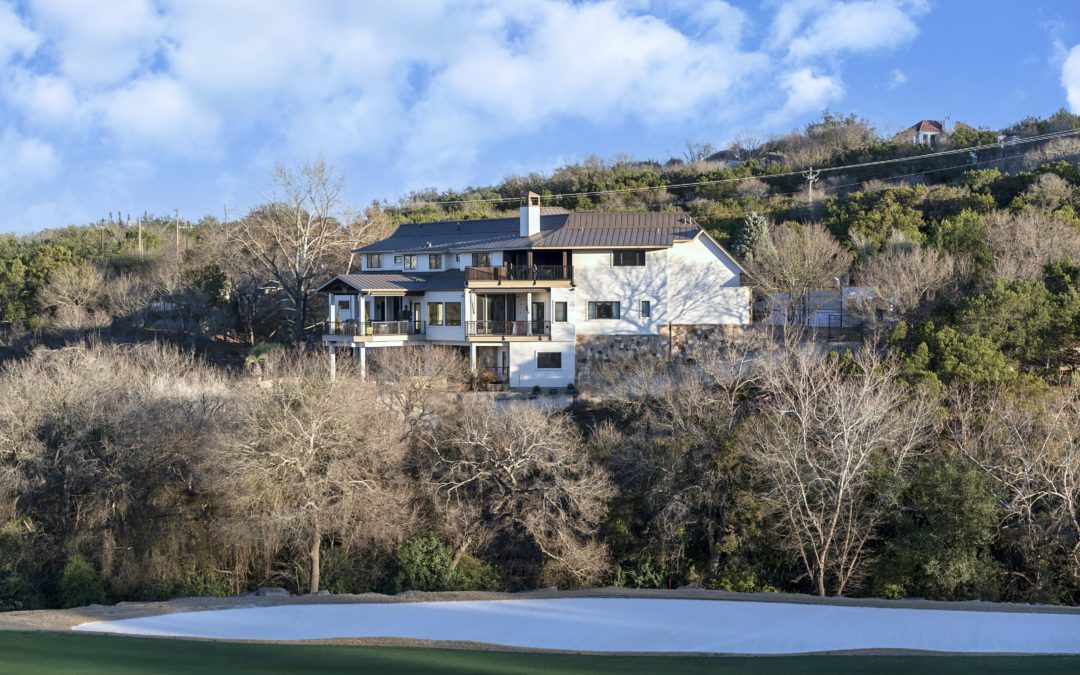Is Buying a Second Home or Investment Property Right for You?

Whether you’re claiming your place in your favorite neighborhood or taking your first steps into real estate investing, purchasing a second house is a significant boost. However, the costs of buying a second home in Austin and maintaining it may quickly pile up, and they vary greatly based on how you manage the property. Your mortgage options will also be determined by how you intend to use your second house. Here’s how to ensure that you’ve prepared. We consider the costs, financing alternatives, taxes, and how to profit from purchasing a second house.
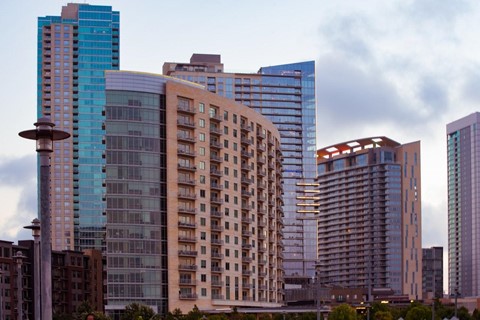
What can you use a second home for?
Before purchasing, some homebuyers have a clear understanding of their second property. However, it’s okay if you don’t! You might only have an idea of the neighborhood you want to settle in. Consider your alternatives; it could even push you to relocate.
- A vacation house may be what you’re looking for if you have a big family, travel frequently, or just want to get a place to feel at home while you’re away.
- Is your profession involving a significant amount of travel or spending time in Austin? A second home might be just the secondary residence you need. You may require a commuter home if you or your spouse work in a location much further away from your primary residence, making an everyday car journey impractical. If this is the case, when the time comes to move some of your things in, the team at Master Moving Guide advises hiring local movers to help you with the heavy lifting.
- Some homeowners will purchase a second house to use as an investment property. Typically, this entails flipping the house and reselling it or renting it out. Investment properties have different criteria and fees than second homes, so talk to your mortgage broker about them in-depth to make sure your financing is right for you.
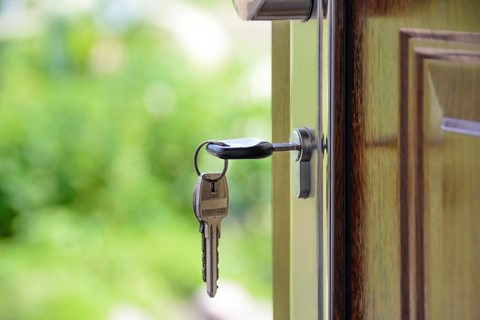
Consider all of the expenses associated with buying a second home in Austin
The expenditures may vary based on how you use the second property, but here are some that you should factor into your monthly budget.
Insurance
Homeowners insurance for a second property is typically more expensive than for a primary residence. Depending on whether the second property is typically inhabited and, if you’re renting it, whether it’s a short- or long-term rental, you may require a different sort of insurance.
Utilities
If you rent the house, the tenant will be responsible for paying the utilities. However, if it’s vacant for an extended period, you’ll need to find a balance between the energy usage required to maintain the house and what will protect you from having high monthly costs. You may also want to consider purchasing a security system.
Maintenance
Maintenance can involve both considerable seasonal upkeep and basic upkeep – even if no one lives in the house, your neighbors will enjoy a freshly groomed yard. A property manager may be quite helpful in this situation, but they can also be costly.
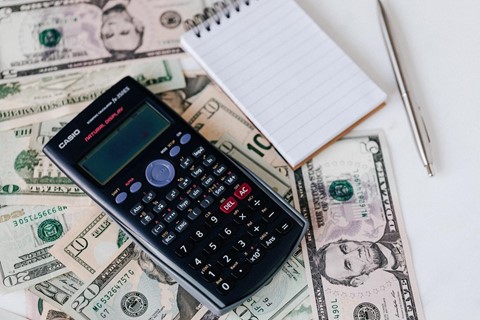
You will also need to invest in the property if you want to rent it out. Most people put in furniture and basic kitchen and bathroom appliances. When it comes to bringing in furniture, it’s best to hire professional movers and leave it to the pros to skip the heavy lifting and avoid any injuries.
Vacancy
Do you intend to rent out your second home? Ensure you have enough money to pay expenses if you don’t find tenants immediately or if your short-term rental suffers an unforeseen dry season. However, this is very unexpected in Austin, considering the city is booming and there is a constant demand on the market.
Vacation home taxes
A vacation house is either a personal dwelling or a rental property, according to the Internal Revenue Service (IRS). If you only rent it out for 14 days or less every year, it’s regarded as a personal residence; over 14 days, it’s classified as a rental property. In most circumstances, regardless of the categorization, you must disclose rental revenue.
You may not be eligible to claim the mortgage interest tax deduction if your second home is a rental home. You can, however, reclaim expenses on your rental if the amount you spend is more than what you earn. You should report these on Schedule E of your Form 1040. Make sure to consult with an experienced tax accountant about your situation.
Ask yourself
Before you buy another house, think about the following major financial points:
- Are you putting aside at least 15% of your monthly income for pension?
- Do you have a six-month (ideally nine-month) emergency cash stash on hand?
- Do you have any credit card debt?
- Is your previous residence fully paid off?
- Have you set up a college fund for your children, if applicable?
Once you go into these questions, you will have a much clearer idea of your financial situation, and it will be easier to decide whether to buy a second home in Austin.

Determine how you will pay for your second house
If you want to finance the acquisition of a second home, the best sort of mortgage may be determined by how you intend to use the property. Lenders often provide varying rates for second homes and may have different qualifying criteria than for investment properties.
If you take a jumbo loan, most lenders would consider the house to be a second home rather than an investment property. With a conventional loan, you may rent your second home for up to 6 months each year without your lender classifying it as an investment property — as long as you didn’t utilize the house’s future rental revenue to secure the loan. Yet, the IRS may still consider your house an investment property since they have their own set of regulations.
Government financing is often not a possibility for second homes, regardless of how you will use the property. Mortgages sponsored by the Department of Veterans Affairs are only available for principal residences. For commuter residences, the Federal Housing Administration offers various exemptions.
Final thoughts
Once you decide on your goal and create your budget, the rest will fall into place. Determine the sort of loan you’ll use, then shop around for at least three second-home loan lenders and get preapproved. When you begin the journey of buying a second home in Austin, we recommend working with a real estate agent who specializes in the region.
Contact the Principal
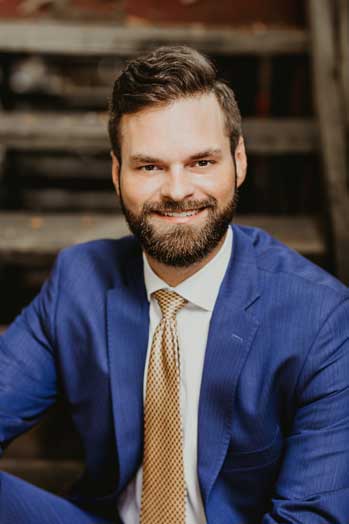
Marcus Roper
Broker Associate / Compass Real Estate
Principal / The Westhorn Group
Marcus began his career as a real estate analyst at Goldman Sachs in Dallas, Texas. His team was responsible for the investment of Goldman’s capital into real estate portfolios.
Marcus has since then established himself as a Realtor® & Broker in the western areas of Austin, specializing in high-end new construction, boutique listings, staging & design, and a seamless client experience.
Marcus enjoys viewing and playing live music, exercising on Town Lake, and playing golf at Barton Creek & Austin County Clubs.

